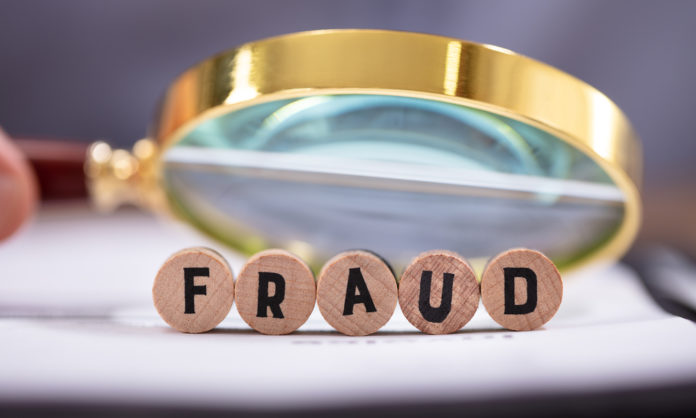The contractor claimed costs arising from a differing site condition. The government moved for summary judgment, arguing the contractor had released this claim as part of a contract modification. In response, the contractor asserted that it had only signed the modification because the government had assured the company it could seek costs not covered by the modification in a future request for an equitable adjustment. The board reasoned that while the contractor had not explicitly used the word fraud, it was clear that the company was asserting fraud as a defense to the release. While the fraud defense was bare bones, it was enough to preclude the government’s summary judgment motion.
Appeal of Tanik Construction Company, Inc., ASBCA No. 62527
Background
The Army Corps of Engineers awarded Tanik Construction a task order to mill and repave asphalt. After performance began, Tanik discovered metal tie-downs in the asphalt that impacted milling.
The parties executed two contract modifications, which paid Tanik additional funds to survey the tie-in situation and re-design the project. The modifications contained releases, which stated that the modifications were final equitable adjustments that satisfied the government’s liability for the tie-ins. At that time they executed the releases, Tanik had objected to the release language. Tanik ultimately acquiesced based on assurances from the Corps that Tanik could submit a request for an equitable adjustment for costs not covered by the modifications.
But when Tanik submitted a claim for costs not covered by the modifications, the Corps denied the claim arguing that Tanik had released them as part of the modification. Tanik appealed to the ASBCA. The Corps moved for summary judgment, arguing that Tanik’s claims was barred by the release
Legal Analysis
Tanik opposed the Corps’ summary judgment motion by arguing that it had not agreed to the full scope of the release.Tanik submitted affidavits from its principals stating that while negotiations the modifications, the Corps had assured the company that it could file a request for equitable adjustment for excess costs not covered by the modifications.
The board noted that when a contract is unambiguous , it will not consider extrinsic evidence—like Tanik’s affidavits—to interpret the contract. Here, the release language in the modification was unambiguous. Nevertheless, the board noted an exception to the parol evidence rule for fraud. The board will consider extrinsic evidence when a contractor has alleged the government made a misrepresentation and contractor relied on the misrepresentation to its detriment.
The board noted that Tanik had not raised fraud as a defense to the release or even mentioned fraud in its opposition to the Corps’ summary judgment motion. But the board reasoned that the language in Tanik’s affidavits made it clear that the company was asserting fraud as a defense, and the only thing missing was the proper label. While Tanik’s opposition only met the bare bones of a fraud defense, it was enough to create an issue of fact to preclude summary judgment.
Tanik is represented by B. Nealo Ainsworth, Jr. of Ainsworth Law. The government is represented by Michael P. Goodman and Carl F. Olson of the Army Corps of Engineers.





